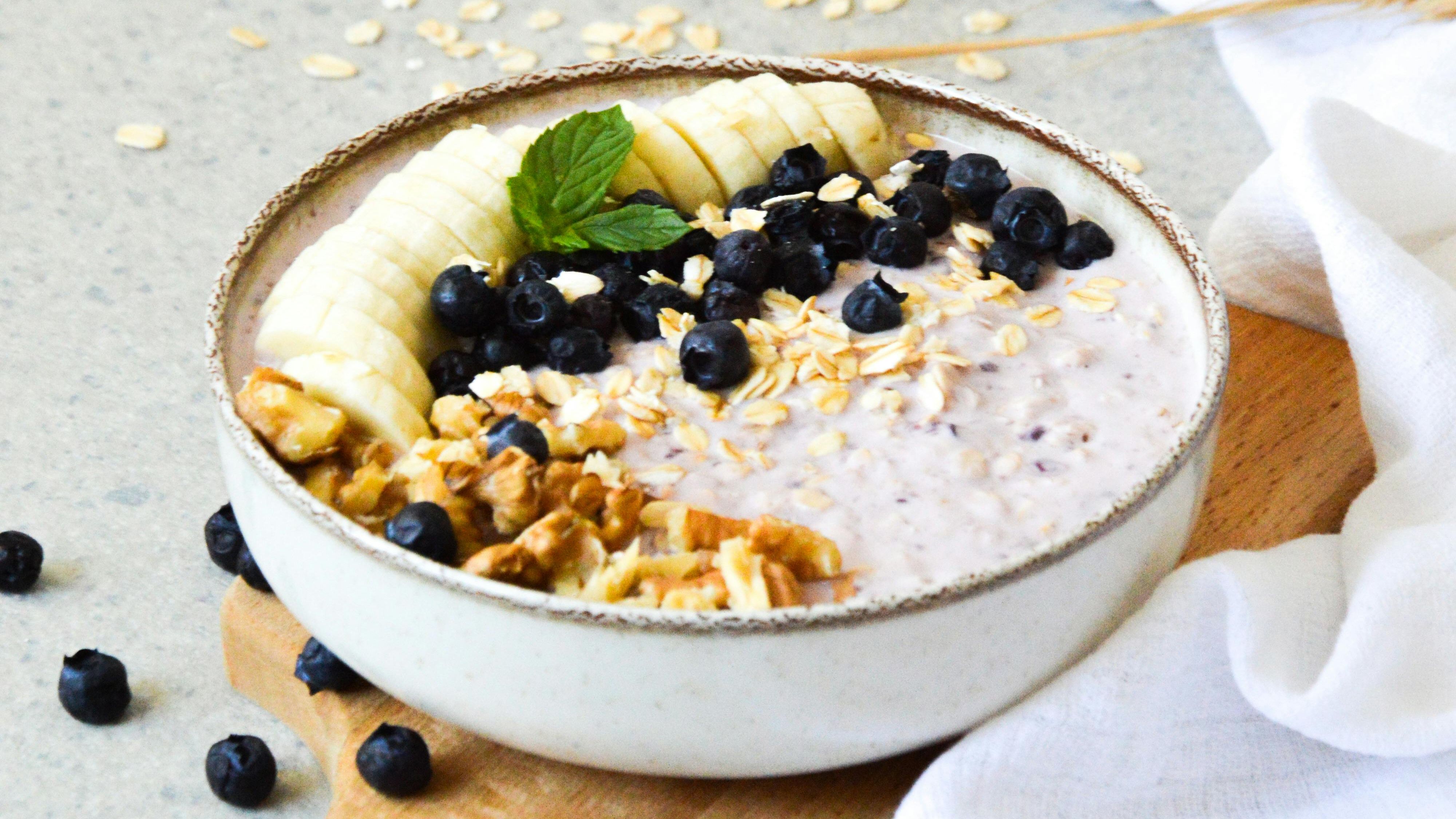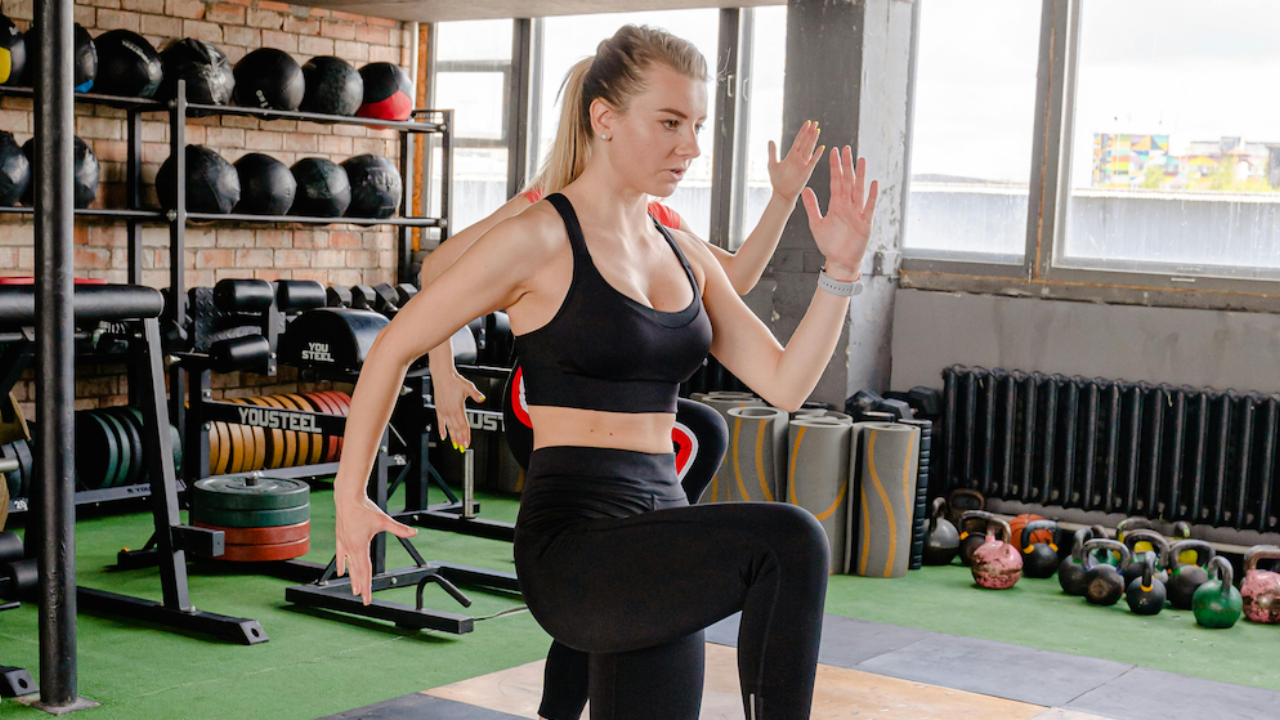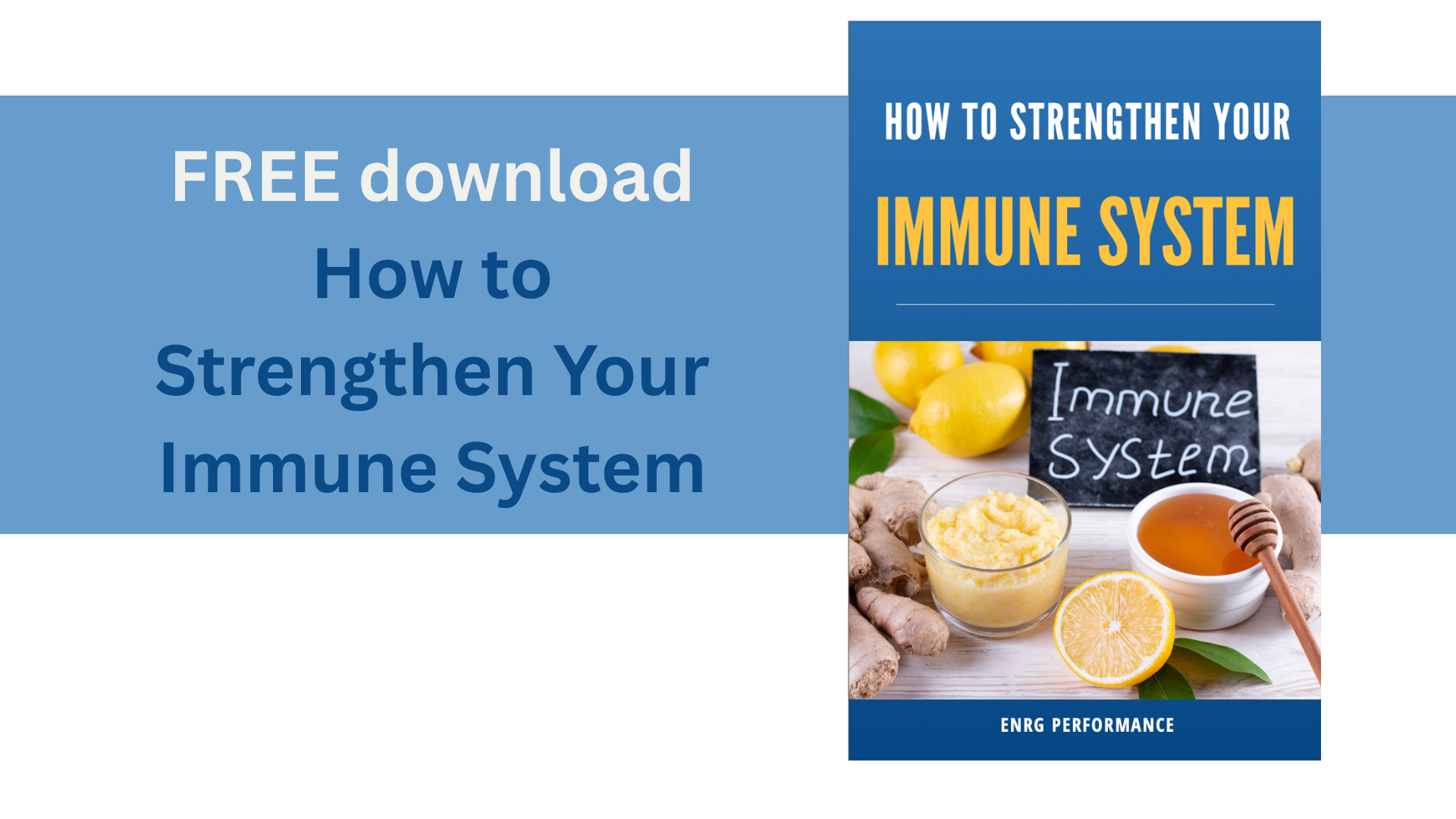Should Young Athletes Take Supplements?
Sep 25, 2023
I work with hundreds of young athletes from middle school to college and, while there are many opportunities for nutrition education, I find that supplements are at the top of my list. It is not because supplements are so important for young athletes to take. Rather, it is important for them to understand the “why’s”, “how’s”, and “if’s” regarding supplements. My eNRG Performance Optimal Nutrition System™, which I use when I teach all athletes about nutrition, health and performance, is based on three platforms
#1: Foundation Nutrition
#2: Nutrient timing
#3: Supplements
I never teach young athletes about supplements without first making sure the first and second steps of my Optimal Nutrition System are understood and, more importantly, implemented. Now, when the time is right to discuss supplements, the conversation usually starts with the “why”. For young athletes, I place supplements in three categories so it is easy to understand, since the supplement world can be extremely confusing.
The first category is micronutrient/health. These are supplements such as multivitamins, zinc, probiotics, omega-3’s, vitamin D, iron, calcium, etc. They are usually taken for “insurance” purposes or for known deficiencies. Some of these supplements, such as vitamin D and iron, should not be taken without blood work results first to ensure the need to take the supplements in addition to using current levels in the body to dose the quantity of the supplements appropriately. Probiotics are a tricky one because there are so many different strains that can be used for specific reasons. I do not recommend taking a probiotic supplement before first speaking with a qualified sport dietitian who has a keen understanding of gut health.
The second category is sport supplements. These include things like sport drinks, energy/protein bars, electrolytes, protein powders, energy gels, etc. These are usually used at specific times of the year to help with nutrient timing strategies before, during and after practices and competitions. While these can be extremely useful at times, I find that most young athletes sometimes use these at inappropriate times outside of training which can sometimes lead to not consuming enough nutrients from whole foods since they can “fill up” on sport supplements and not be hungry for meals. I would throw caution at this category and only use these when they are needed.
The last category is ergogenic aids, or performance-enhancing supplements. These include supplements like creatine, caffeine, beta-alanine, sodium bicarbonate, etc. The supplements in this category can be extremely dangerous for young athletes if not used properly. I never recommend using these supplements without proper counsel from a knowledgable sport dietitian. Additionally, there are really only a handful of supplements in this category that actually have scientific proof of their efficacy.
As you can see, supplement education is extremely important given the very confusing, and sometimes dangerous, world of supplements but as mentioned previously, the supplement discussion should not be had until the young athlete understands the first two platforms of my Optimal Nutrition System.
If you would like to engage more with me, and other parents, about supplements, food, nutrient timing, proper developmental nutrition and so much more, I would highly encourage you to join my new “How to Feed Young Athletes-for Parents” online community. It provides a wealth of resources, all provided in a very easy to understand manner. HERE is more information about my new community.
SUBSCRIBE AND WE WILL DROP SOME HEALTHY INSPIRATION IN YOUR INBOX
We hate SPAM. We will never sell your information, for any reason.







